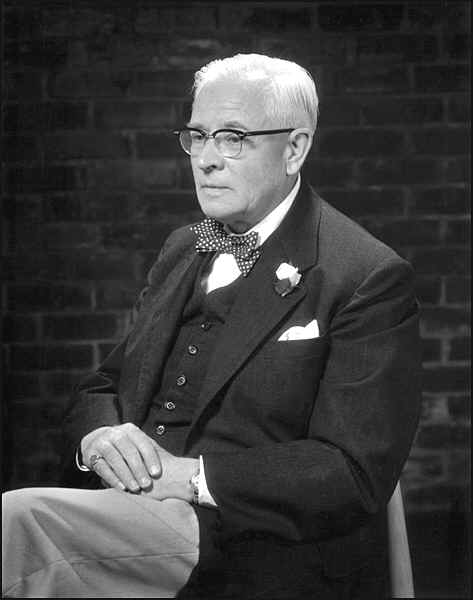
This morning, rising with formless, benignant wonderings about my future and vague remembrances of my long-ago youth, I surprised myself with an abrupt focus on Prof. Joshua Whatmough (“WUTT-moe”).
I googled and found a perfect description of his terrifying and exhilarating classroom (in 1947) put up on a webpage by one of Whatmough’s former students, William Harris, Professor Emeritus, Middlebury College. Prof. Harris’ recollections lit up a room I hadn’t been in for many years. Continue reading “Prof. Joshua Whatmough — Linguistics 120”


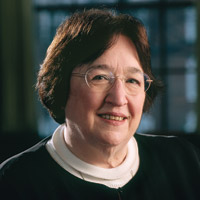
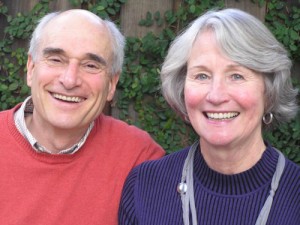
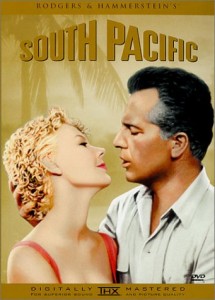
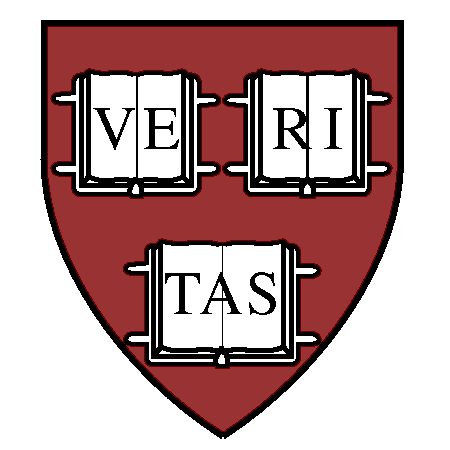 Almost two months had passed by my Harvard freshman door. It was 1961, early November, and the air was crisp and blue-gray. I had moved into
Almost two months had passed by my Harvard freshman door. It was 1961, early November, and the air was crisp and blue-gray. I had moved into